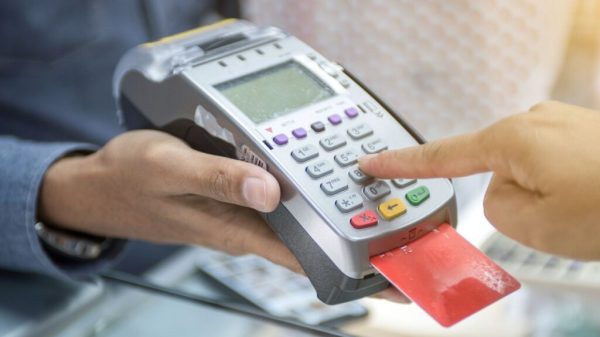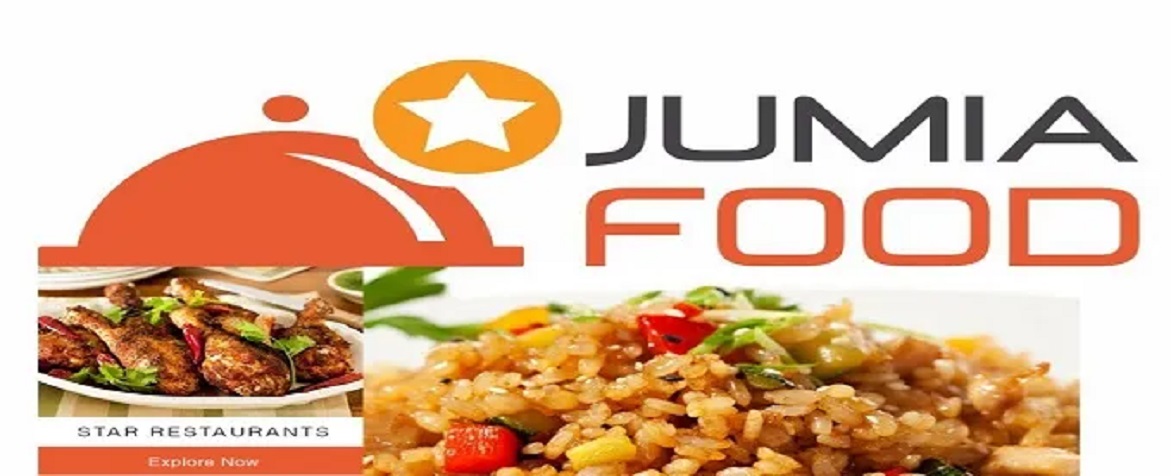Jumia, the continent’s leading online retailer, announced that it will close Jumia Food, its food delivery service, by the end of December 2023, in a move that sent shockwaves through the African e-commerce scene.
This sudden departure leaves a gaping hole in the burgeoning African food delivery market, raising questions about its future and the challenges facing major players.
Francis Dufay, CEO, Jumia cited a clear focus on the company’s core physical goods business and Jumia Pay platform as the reason for the exit.
Despite Jumia Food accounting for 11% of the company’s Gross Merchandise Value, its persistent struggle for profitability proved the tipping point.
He stated, “The more we concentrate on our physical goods business, the more we recognize the substantial opportunities for Jumia to flourish and achieve profitability.
“Hence, we must make the right decision by directing our management, teams, and capital resources towards seizing this opportunity.”
The news comes as no surprise to industry observers who witnessed Jumia Food’s rollercoaster ride. After a meteoric rise in 2021 with 82% year-over-year growth, the company faced a sharp decline in 2023, attributed to a shift towards profitability and reduced consumer incentives.
This exit is not an isolated incident. Bolt Food, another major player, also announced its withdrawal from Nigeria and South Africa, highlighting the harsh realities of the African food delivery landscape. Economic downturns, high inflation, and fierce competition from entrenched rivals like Uber Eats and Gokada are creating a volatile and unforgiving environment.
“It’s a segment that’s very difficult across the world, with very challenging economics and big losses. It’s also a segment that is extremely competitive across the world and Africa,” Francis Dufay, chief executive officer told Reuters.
“The economics are tough in this market because the costs are very high and there is plenty of competition so there is downward pressure on the commissions that we make and upward pressure on marketing costs because everyone is fighting for customers.”
However, amidst the doom and gloom, some players are finding success. Barcelona-based Glovo, through strategic partnerships with restaurant chains like Chicken Republic and Shoprite, is carving its niche in Sub-Saharan Africa.
Closer to home, Nigerian startup Chowdeck celebrates delivering over ₦1 billion worth of food in a single month, marking a major milestone in its expansion.
While Chowdeck’s success is promising, it’s crucial to remember Jumia’s scale.
Their $64 million in food delivery GMV for nine months translates to a staggering ₦5.7 billion per month, yet profitability remained elusive.
This underscores the universal challenge of achieving profitability in the global food delivery market, with giants like Doordash and Uber struggling despite massive venture capital investments.
With Africa’s food delivery market expected to reach $1.7 billion by 2028, the potential is undeniable. But the path to success is riddled with obstacles. Partnerships, technological innovations, and capital-efficient models like Chowdeck’s might hold the key.
![]()
























































